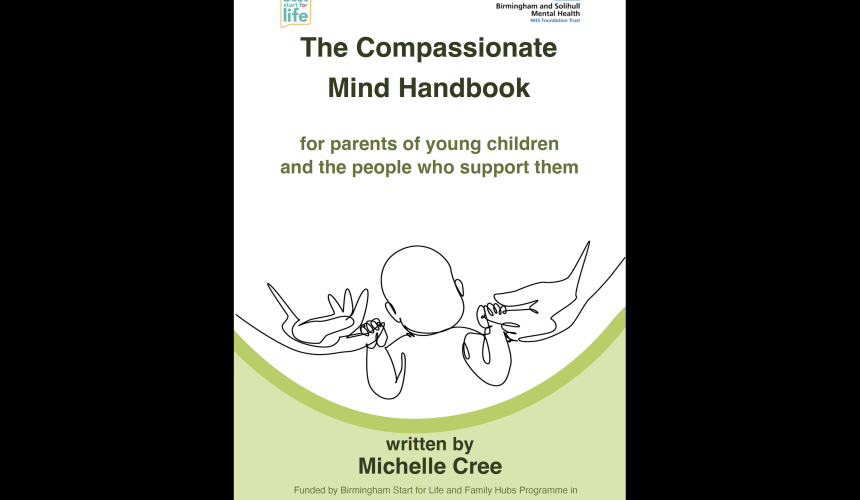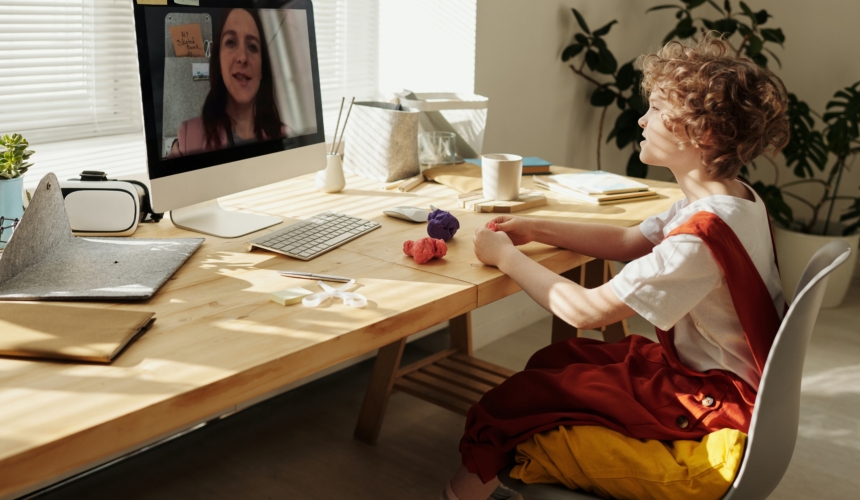

“Children who are exposed to ACEs have elevated levels of stress hormones in their bodies over extended periods of time.”
Sarita Rogers, Deputy Director of Programs at the Childrens Trust
For further information on ACEs and how they impact children see our Adverse Childhood Experiences (ACEs) toolkit.


“The science is clear, early adversity dramatically affects health across a lifetime…The single most important thing we need today is the courage to look this problem in the face and say this is real and this is all of us” – Dr Nadine Burke Harris
This is vital information for every leader and every school in terms of applying the knowledge to support, inform practice and understanding of attachment, trauma and stress and how adverse experiences in childhood can affect behaviour, brain development, stress, mental health and physical health.
The 10 most commonly measured adverse childhood experiences were:
The impact of trauma often depends on the severity and timing of the trauma. The impact of trauma can result in impaired social, emotional and cognitive functioning.
There are actions that can buffer a child against the impact of ACEs and build resilience within them. Children with interests outside of the home (if it is the home that is affecting them) may be able to lessen the impact of their ACEs. By allowing the mind to be occupied with pleasurable things, interests can allow the brain respite from the adrenaline and cortisol, and so lessen the cellular changes.

If a child can have at least one available adult who is ‘on their side’, then they can weather the storm much better. Therefore, even if there are problems within the home, if at least one parent is maintaining structures, continuity and support, then the impact of ACEs can be reduced. Some children, sadly, won’t have this and their home is a place of fear or chaos. That means that their supportive adults in, for example, their nursery or school, become even more crucial.

ACEs is an acronym that stands for Adverse Childhood Experiences which are things that can happen in young person’s life that result in a negative outcome later on in life. They are common, with almost 50% of people living in England having 1 ACE and 8% having 4 or more.
Adverse Childhood Experiences (ACEs) are stressful events occurring in childhood, including physical, sexual or emotional abuse, neglect, a family member with physical or mental ill-health, death of a caregiver, alcohol abuse, drug abuse, separated or divorced parents, bullying or any other experience that might result in toxic stress.
Toxic stress can derail healthy brain development, interfering with a young person’s ability to adapt, manage and regulate emotions. This may result in young people trying to find other ways of managing toxic stress by taking up health harming behaviours.
Teachers, through the nature of their work, are well positioned to provide support to young people that have been exposed to high levels of toxic stress. A relatively simple but important way in which teachers can begin to support a young person’s well-being is to first learn and understand more about mental health and wellbeing. Research has shown that a relationship with one trusted adult during childhood can mitigate the impacts of ACEs on mental and physical wellbeing.

( resources found)
















How useful was this info?
Click on a star to rate it!
![]()
© Copyright Breathe 2020- 2024
Terms and Conditions | Privacy Policy
supporters & partners 



![]()
